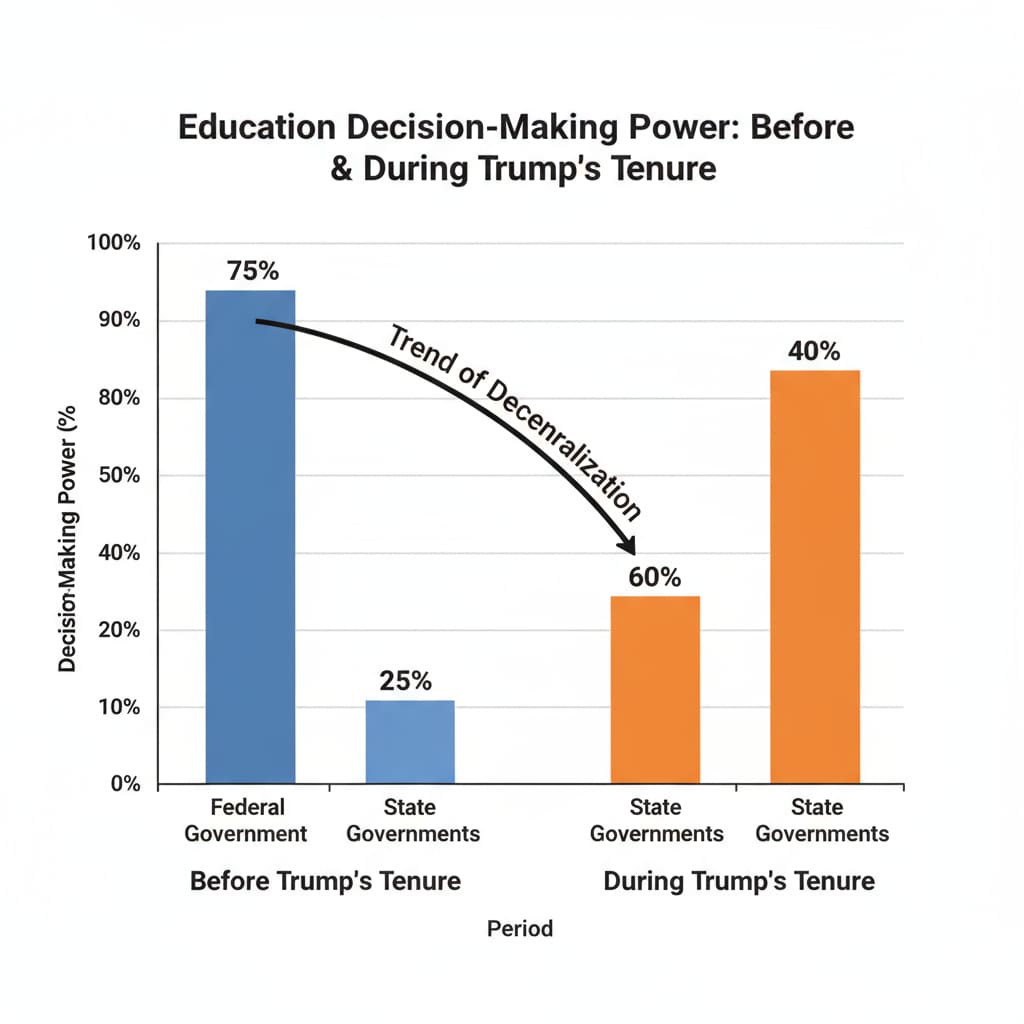The Trump administration’s education reform initiatives significantly influenced the US Department of Education. This period was marked by a series of changes that aimed to reshape the educational landscape, especially in the K12 sector.

As we analyze these reforms, it’s essential to understand their starting points, the strategies employed, and the impacts they had.
The Push for a New Educational Vision
The Trump administration had a clear conservative – leaning educational vision. This vision aimed to decentralize education decision – making. For example, it sought to give more power to local schools and parents. By doing so, it intended to break away from what it perceived as over – centralized control from the federal level. According to Wikipedia’s entry on the US Department of Education, this was a significant shift in the approach to education policy.

Attempts to Restructure the Department of Education
One of the most notable moves was the attempt to close the Department of Education through an executive order. This was part of a broader effort to streamline the federal government. However, this attempt faced significant opposition. Critics argued that the Department of Education played a crucial role in ensuring equal access to education across the nation. As a result, the initiative did not fully materialize. This event was covered extensively in Britannica’s content on the US Department of Education.
The Trump administration also made changes to educational funding. It redirected some funds towards programs that aligned with its educational goals. For instance, more resources were allocated to charter schools, which were seen as a way to introduce competition and innovation in the education system. In addition, there were efforts to reduce funding for certain federal education programs that were considered less effective.
Readability guidance: The above content clearly shows the main reform directions of the Trump administration in education. Each section uses short paragraphs to convey information, and relevant external links are provided for further exploration. Transition words like ‘however’, ‘for example’, and ‘in addition’ are used to enhance the flow of the text.


